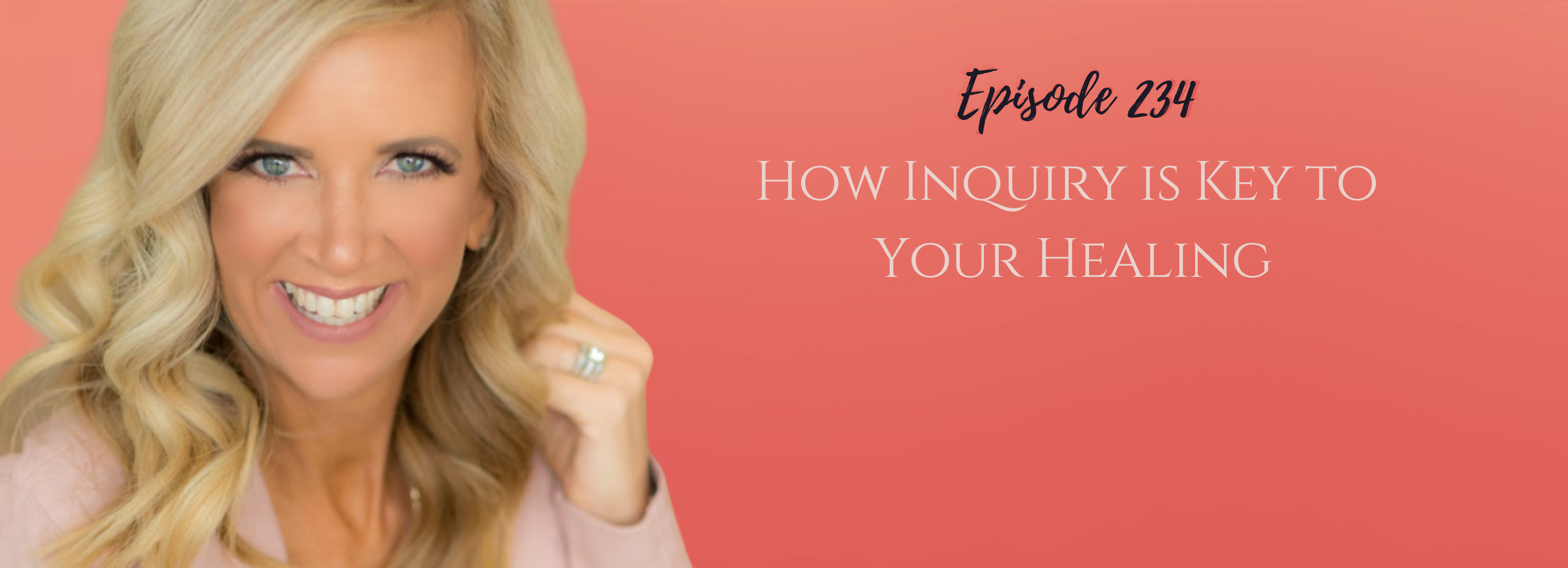
How Inquiry Is Key To Your Healing with Alex Boianghu| 10.11.2023
In this episode, Kristen talks with Alex Boianghu, a psychotherapist with over 30 years of experience, about the importance of self-inquiry, exploring its role in enhancing self-awareness and personal growth.
You'll Learn
- The power of self-inquiry and its potential to foster positive life changes through a deeper understanding of one's emotions and beliefs.
- How examining your intentions and habits, particularly with technology like smartphones, can promote personal healing and growth.
- Some helpful techniques and practices for effective self-inquiry
- How somatic therapy and EMDR (Eye Movement Desensitization and Reprocessing) can aid in trauma healing.
Resources
For counseling services near Indianapolis, IN, visit www.pathwaystohealingcounseling.com.
Subscribe and Get a free 5-day journal at www.kristendboice.com/freeresources to begin closing the chapter on what doesn’t serve you and open the door to the real you.
Subscribe to the Close the Chapter YouTube Channel
This information is being provided to you for educational and informational purposes only. It is being provided to you to educate you about ideas on stress management and as a self-help tool for your own use. It is not psychotherapy/counseling in any form.